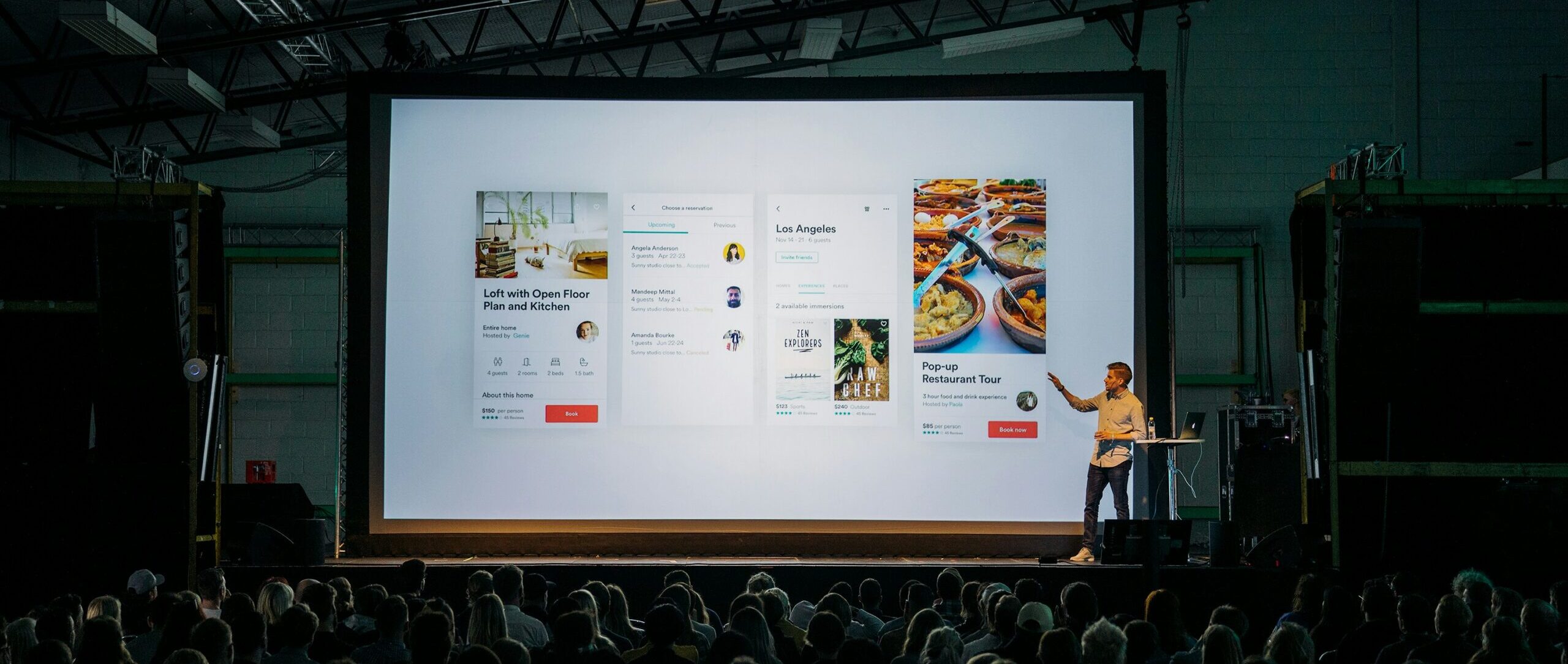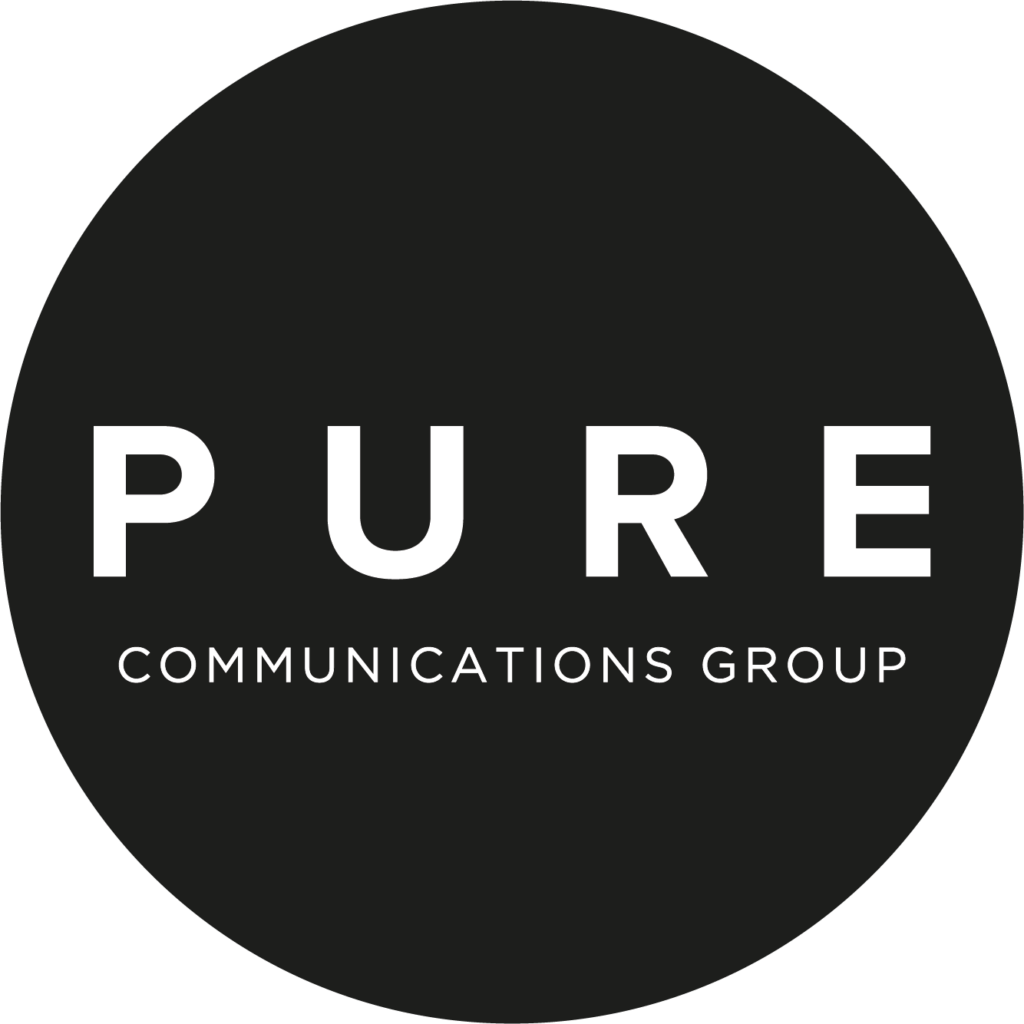
Let's get planning!
Organizing a corporate event demands strategic planning, effective event management strategies, and a clear understanding of the event planning process Whether you’re hosting a conference, launching a new product, or organizing a company gala, the success of the event hinges on coordination and precise execution. At Pure, we leverage our corporate event planning expertise to ensure that efficient timing is the backbone of every event. This guide outlines an actionable timeline to keep your plans structured and efficient.
12+ Months Before the Event: Long-term Event Planning
For large-scale corporate events, planning should ideally begin as early in advance as possible. The first step is to establish clear goals for the event. Are you aiming to motivate employees, showcase an innovation, or celebrate a milestone? Identify the event’s purpose, define the target audience, and set an overarching budget to include expenses like venues, catering, entertainment, and contingencies. Select a tentative date, being mindful of industry events, holidays, and other scheduling conflicts. During this period, begin researching and touring potential venues, and develop an approximate headcount to inform decisions moving forward.
6-9 Months Before the Event: Initiating Key Components
With the framework established, it’s time to execute essential plans. Finalize and secure the event venue, reviewing contracts meticulously before signing. Engage critical vendors such as audiovisual teams, caterers, decorators, and keynote speakers to ensure availability. Draft a preliminary event program that outlines the agenda, speakers, breakout sessions, and entertainment. Simultaneously, start building your marketing plan. This includes designing invitations, setting up registration systems, and developing promotional materials for email campaigns and social media. By locking in vendors and marketing strategies now, you create the foundation for seamless execution later.
3-6 Months Before the Event: Refining the Details
At this stage, focus on fine-tuning the major elements. Confirm bookings with vendors, finalize contracts, and solidify arrangements with guest speakers or entertainment. Begin actively promoting the event by launching registration, sending save-the-date communications, and building buzz through targeted marketing campaigns. Develop essential event materials such as agendas, name tags, directional signage, and branded giveaways. Assess technical needs, including audiovisual systems, streaming platforms for hybrid options, and event applications for attendees. Organize a clear flow for on-site logistics, mapping out the event layout to ensure smooth navigation and functionality on the day of execution.
1-2 Months Before the Event: Polishing the Execution Plan
As the event date approaches, attention shifts to finalizing every detail. Follow up with those who have yet to RSVP, schedule rehearsals for speeches, presentations, or entertainment, and conduct on-site walkthroughs with your team and stakeholders. Finalize staffing assignments, ensuring everyone understands their roles and timelines. Confirm all vendor arrangements, from deliveries to setups. Anticipate potential issues by developing contingency plans for technical difficulties, late arrivals, or unforeseen disruptions. This proactive approach minimizes last-minute surprises.
1-2 Weeks Before the Event: Conducting Final Checks
In the final weeks, focus on double-checking logistics. Review the confirmed guest list and communicate last-minute updates with vendors, partners, and the internal team. Prepare event materials, including name tags, signage, and collateral, and organize them for easy access. Conduct comprehensive tech checks to ensure audiovisual equipment, presentations, and streaming platforms are fully functional. Assemble an on-site toolkit containing essentials such as emergency supplies, chargers, printed schedules, and key contact information. These final preparations provide confidence going into event day.
Event Day: Bringing Plans to Life
On the day of the event, it’s all about executing your plans flawlessly. Arrive early to oversee vendor setup, troubleshoot potential issues, and ensure the venue is event-ready. Brief your team thoroughly so everyone understands their responsibilities and timelines. Manage the event flow, monitor the schedule, and address any on-site challenges with calm efficiency. Engage attendees by fostering an atmosphere that aligns with your goals, whether that’s inspiration, collaboration, or celebration. Capture key moments through photos, videos, and attendee feedback for post-event sharing.
Post-Event: Evaluating Outcomes and Follow-Up
The work continues even after the event concludes. Follow up with attendees, vendors, and partners by sending thank-you messages or personalized notes. Solicit feedback through post-event surveys to evaluate attendee satisfaction and identify areas for improvement. Review the event’s performance by analysing attendance metrics, budget adherence, and overall return on investment. Share event highlights, such as photos, videos, or key insights, on social media or internal company platforms to extend the event’s impact. Lastly, conduct a team debrief to celebrate successes, document lessons learned, and refine processes for future events.
Conclusion
Executing a successful corporate event requires meticulous planning, strategic timing, and adaptability throughout the process. By breaking the timeline into clear phases, event organizers can maintain momentum, mitigate challenges, and deliver an experience that aligns with company goals.
At Pure, we specialize in transforming ideas into impactful events that leave a lasting impression. So, if you are looking for support on any part of your event timeline, drop us a message!
| Posted by | debie_purecomms |
|---|---|
| Categories | Blogs and Articles |
